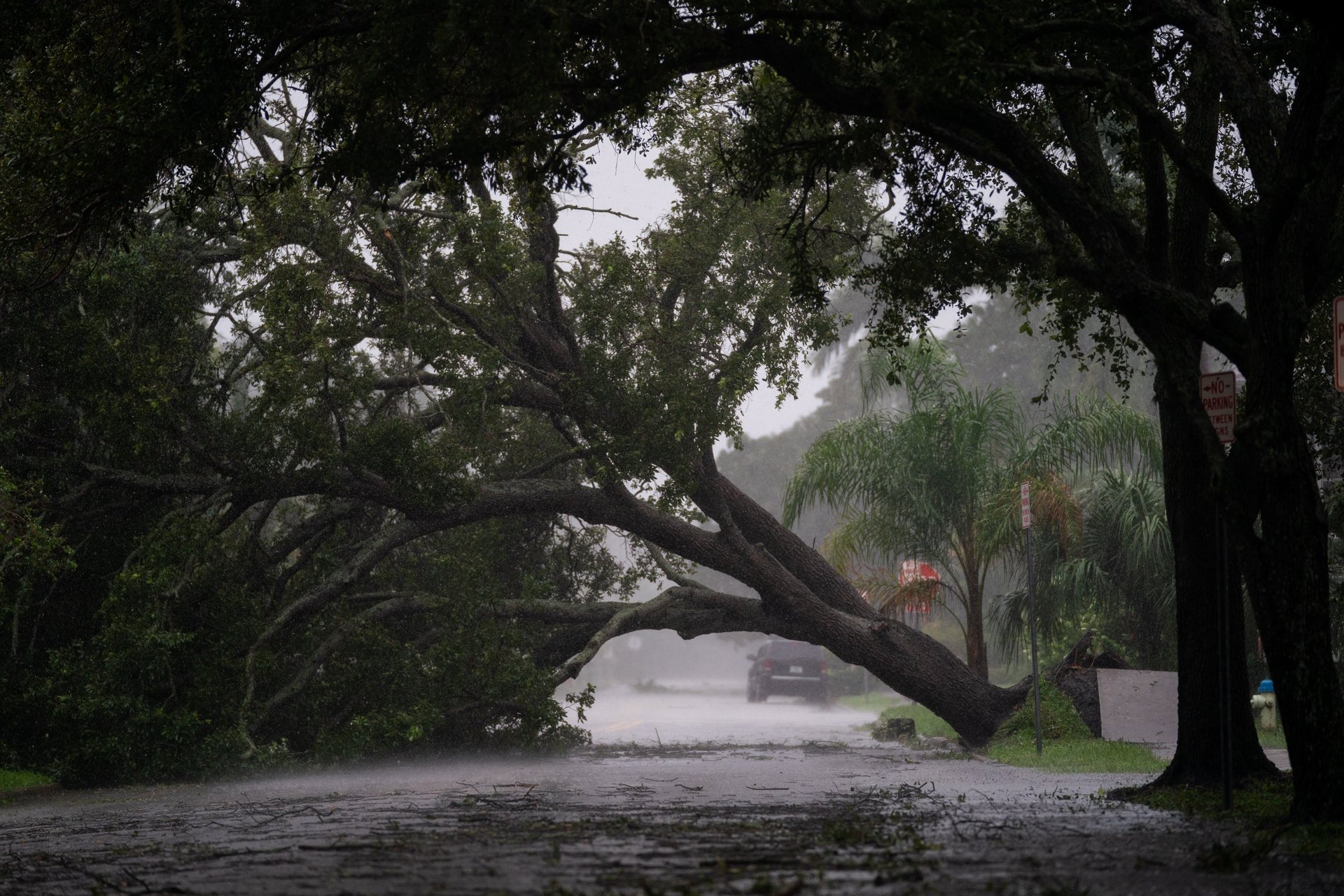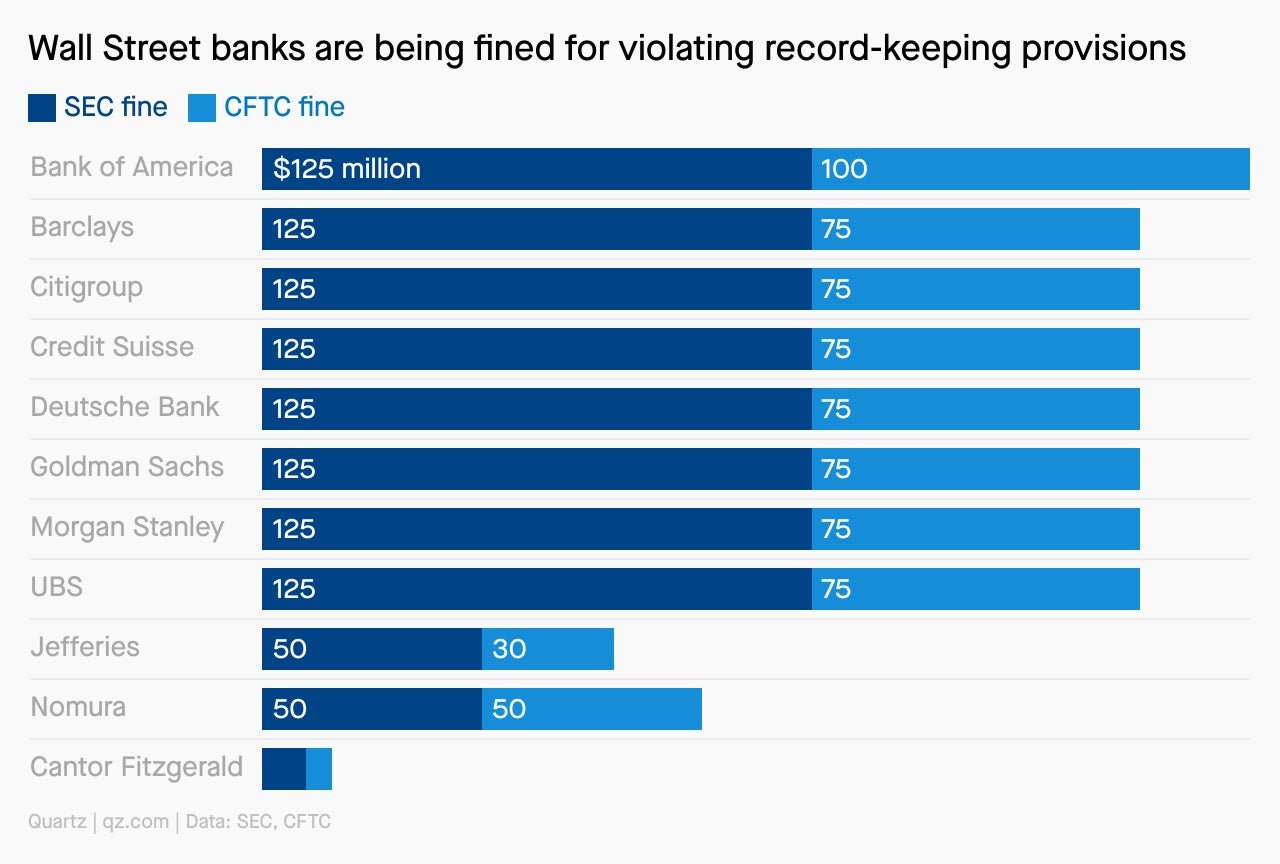🌎 Footing Hurricane Ian's bill
Plus: Nike's earnings put the metaverse under the spotlight

Good morning, Quartz readers!
Here’s what you need to know
Hurricane Ian made landfall in Florida. The category 4 storm knocked out electricity for more than 2 million people and is expected to be one of the costliest hurricanes in US history.
What to watch for
Nike looks to be sprinting, not walking, into the metaverse. Seven million visitors have traversed Nikeland, the sneaker maker’s Roblox world, since its launch five months ago. Meanwhile, Nike’s purchase of non-fungible token studio RTFKT is paying off—in millions of dollars.
But can these digital wins help pick up the sneaker giant’s flagging performance? First quarter earnings, released today when the market closes, might provide a clue.
Nike far outstrips other major brands in terms of earnings from the metaverse, minting $185 million compared to its rival Adidas’s meager $11 million. While impressive, that figure remains a drop in the ocean that is Nike’s total revenue. Even in a not-so-good year, Nike is making over $12 billion each quarter.
Don’t WhatsApp about finances
As convenient as it is for bank workers to text or send WhatsApp messages to clients and colleagues about business matters, it’s… well, super illegal, and now 16 financial firms are facing a combined $1.8 billion in fines for not putting a stop to the communications.

It’s not like the phenomenon, made all the more acute as bankers worked from home, was just among novice employees. Several managing directors and heads of trading desks were explicitly called out in an investigation by the US Securities and Exchange Commission (SEC) and the Commodity Futures Trading Commission (CFTC), for doing things like directing employees to delete messages.
Several banks have ousted officials over the grievances and slashed bonuses for employees who weren’t following communication regulations. Some have even said they’re going to employ a person to oversee the issue. Never thought we’d see “bank WhatsApp cop” on job boards.
👩💻 … And on the topic of the evolution of tech in the workplace, Quartz at Work is hosting a panel of experts this week to discuss just that matter. They’ll offer strategies to align the operating systems of your company with the tools that can make a difference. RSVP for the event, which is this Friday, Sept. 30, from 5-6 pm BST / 12-1 pm EDT.
It’s clean out time for space junk
The US Federal Communications Commission (FCC) and NASA are finally taking steps to reduce the huge amount of defunct satellites that are gumming up the space around Earth. Pundits think the FCC’s newly proposed five-year deadline to remove space junk is a great step. But does it go far enough?
Monitoring space junk is becoming more complicated as the number of errant items—and their risk of colliding—only increases. We’re sort of space debris nerds here at Quartz, and over the years have reported on:
✦ Our 10th birthday is the perfect time to sign up for a Quartz membership to support our expeditions, whether they be about the global economy or into the great beyond. Take 50% off when you subscribe today.
Surprising discoveries
Experts say we should fly to Venus first, not Mars. Its surface may be hot enough to melt lead, but our sister planet is a lot closer to home.
Ancient birds may not have been complete dodos. An 80 million-year-old avian skull indicates the neurons were firing up there.
“Phygital” art may be the savior of the NFT market. Though the cringe-worthy name might keep some art collectors at bay.
An all-electric airplane took to the skies. The prototype could become the first fully electric commercial plane.
Brazil’s yellow football jerseys are getting the boot. For many fans, its association with far-right politics has soured its symbolism.
Our best wishes for a productive day. Send any news, comments, smart birds, and phygital art to [email protected]. Reader support makes Quartz available to all—become a member. Today’s Daily Brief was brought to you by Ananya Bhattacharya, Sofia Lotto Persio, Julia Malleck, and Morgan Haefner.